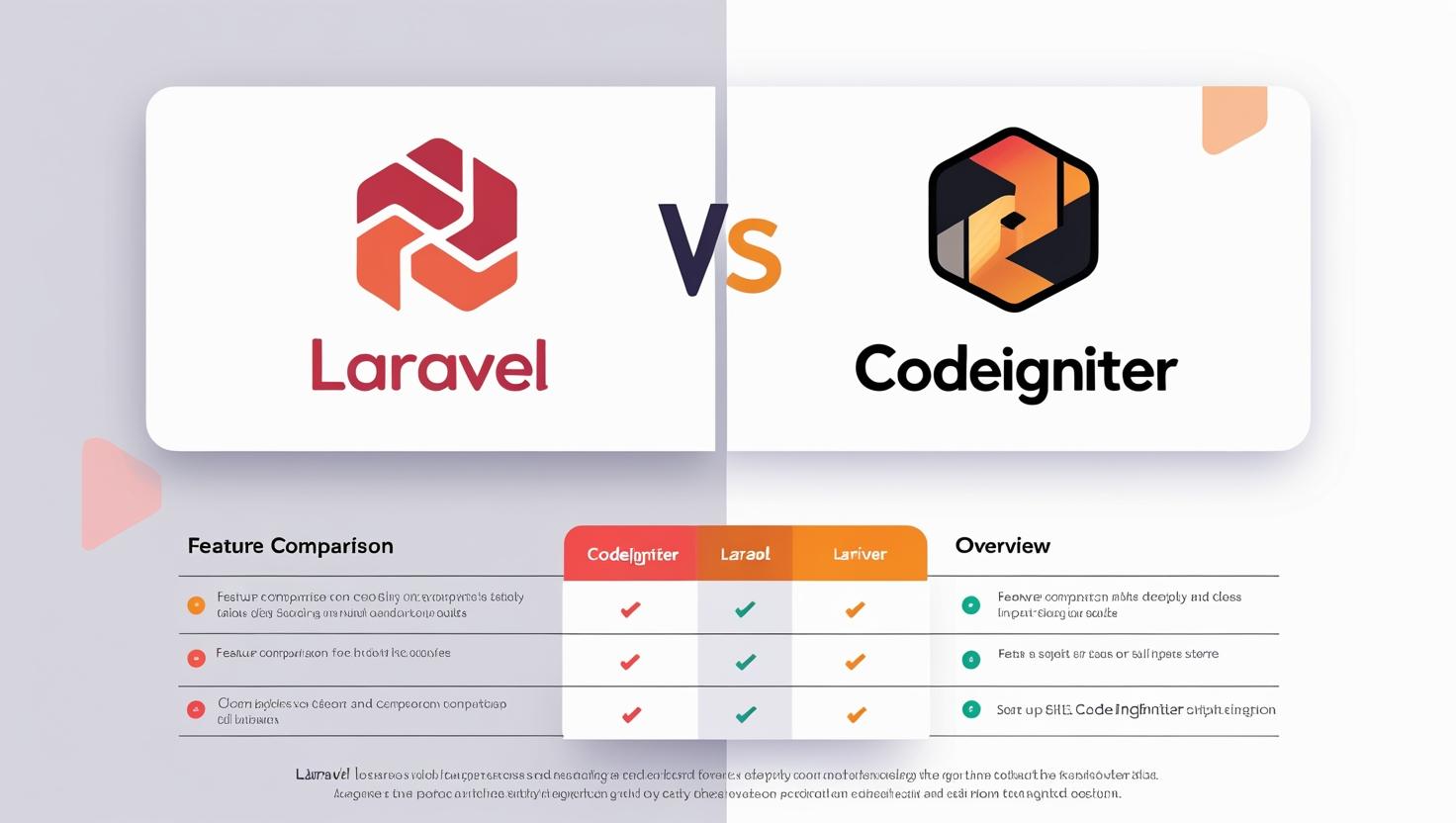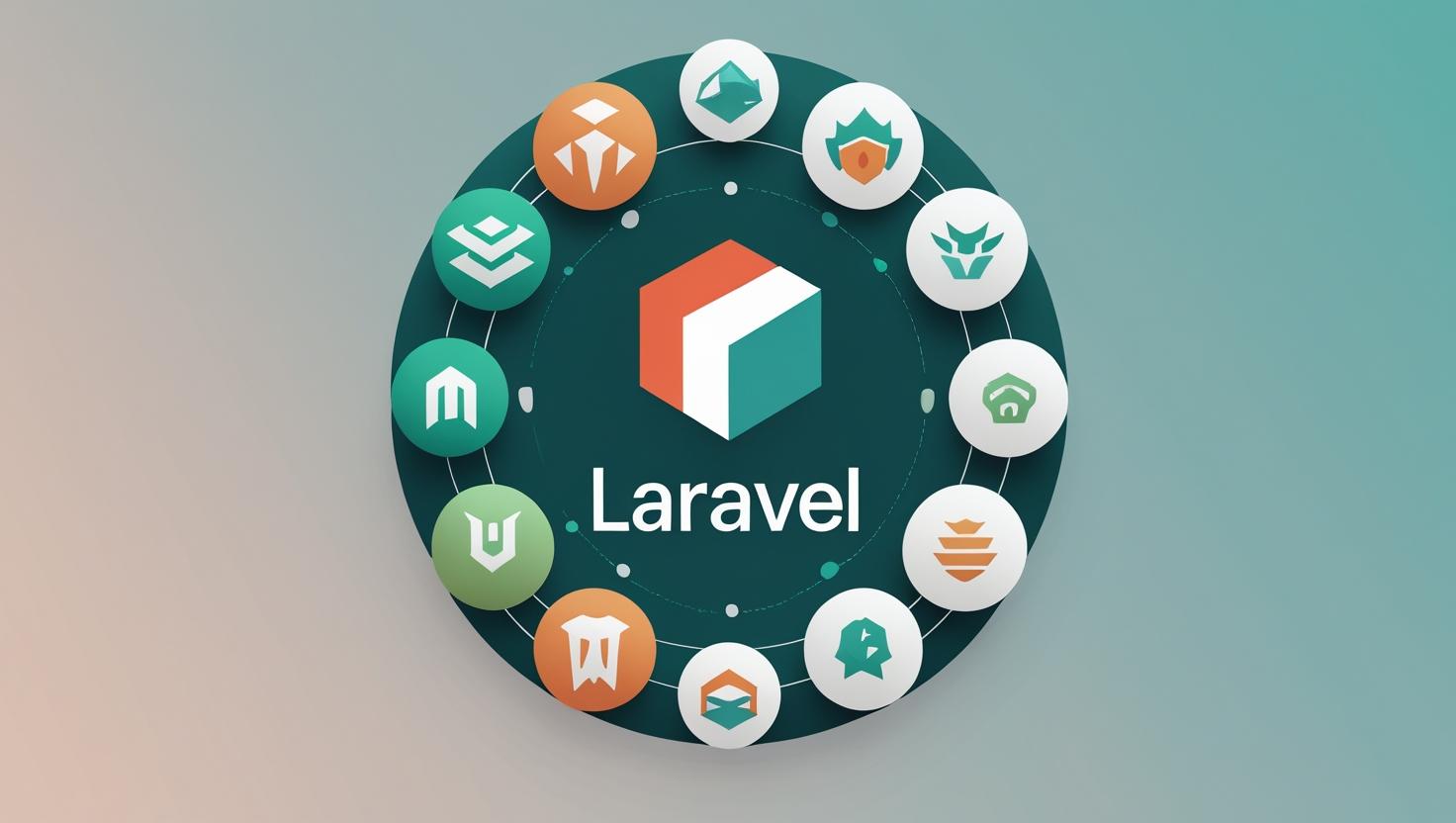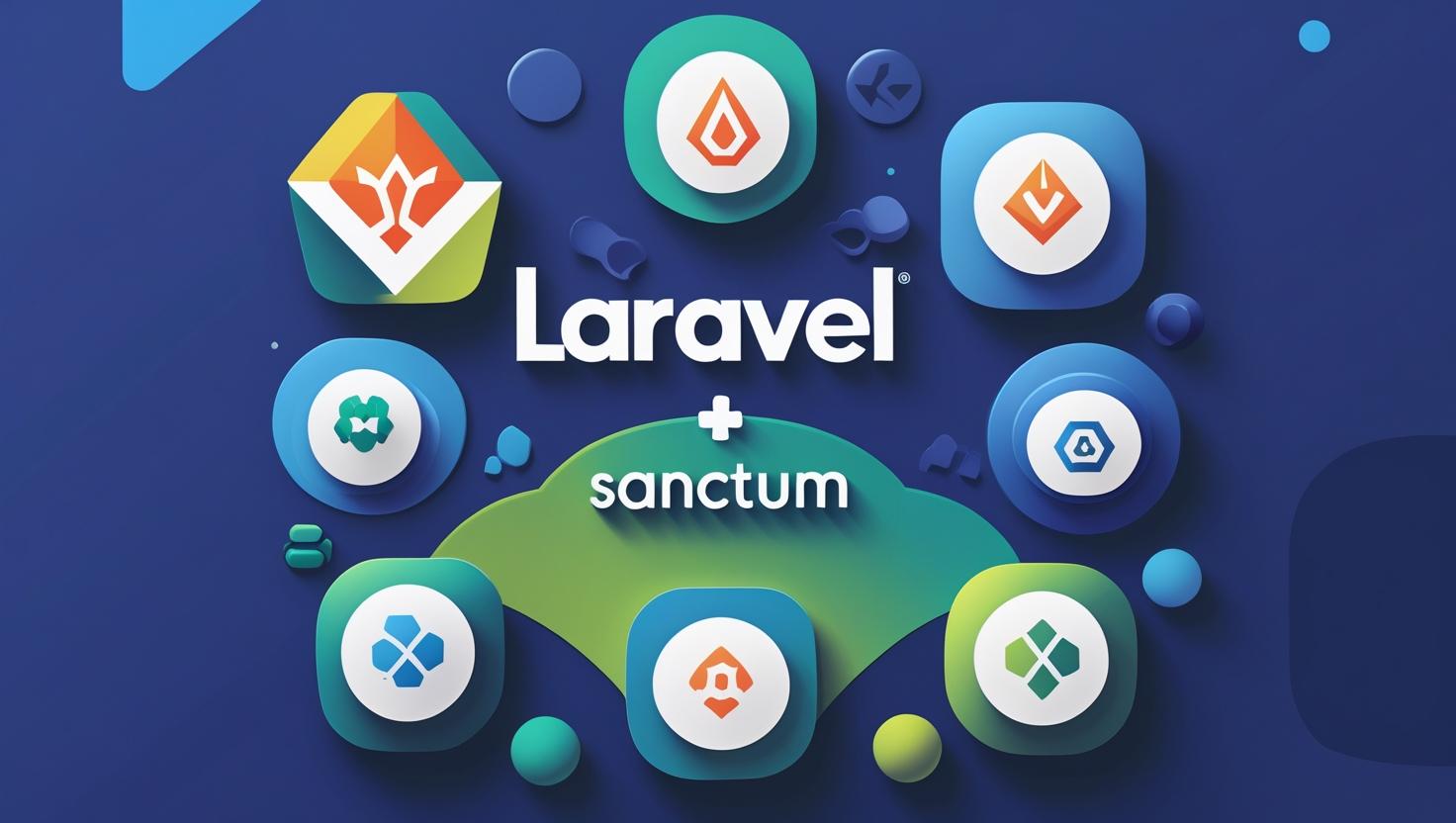Choosing the right PHP framework can determine the success, scalability, and maintainability of your web application. Two of the most popular choices are Laravel and CodeIgniter — both powerful, but with different approaches and use cases.
In this 2025 comparison, we’ll break down the differences, advantages, performance, community support, and use cases of Laravel and CodeIgniter to help you make the best decision for your next PHP project.
🔍 Quick Overview
| Feature | Laravel | CodeIgniter |
|---|---|---|
| Architecture | MVC with built-in support | MVC (flexible but minimal) |
| Learning Curve | Moderate | Easy for beginners |
| Templating | Blade templating engine | No built-in templating (uses PHP) |
| ORM | Eloquent ORM | Query Builder only |
| Routing | Advanced & flexible | Simple & basic |
| Built-in Tools | Authentication, queues, events | Minimal out-of-the-box tools |
| Community Support | Huge ecosystem, regular updates | Active but smaller community |
| Performance | Slightly heavier but scalable | Lightweight and fast |
| API Development | Laravel Sanctum & Passport | REST support via libraries |
| Ideal For | Complex, enterprise apps | Lightweight apps, small projects |
🧱 1. Framework Philosophy and Structure
-
Laravel is a full-stack, opinionated framework that provides a feature-rich environment with expressive syntax. It follows modern PHP development practices strictly.
-
CodeIgniter is unopinionated and lightweight. It gives you the freedom to build however you want but doesn’t enforce strong coding patterns.
✅ Choose Laravel if you want conventions and modern structure.
✅ Choose CodeIgniter if you prefer flexibility and minimalism.
🧰 2. Built-In Features
-
Laravel comes with Artisan CLI, Eloquent ORM, Blade templating, authentication scaffolding, queues, and middleware out of the box.
-
CodeIgniter is minimalist. You have to build or integrate most tools manually.
✅ Laravel wins in productivity and features.
⚙️ 3. Performance and Speed
-
CodeIgniter is faster in smaller apps due to its lightweight nature and minimal overhead.
-
Laravel can be heavier, but with optimization (e.g., caching, queues), it scales efficiently.
✅ Choose CodeIgniter for ultra-light apps.
✅ Choose Laravel for apps that may scale or grow over time.
🔐 4. Authentication and Security
-
Laravel offers built-in tools for authentication, role-based access, CSRF protection, and hashing.
-
CodeIgniter provides basic security helpers but requires manual setup or third-party libraries for advanced features.
✅ Laravel offers a more secure and complete auth system.
🌐 5. API Development
-
Laravel is API-ready with Sanctum (for SPA tokens) and Passport (OAuth2), making it ideal for modern app backends.
-
CodeIgniter supports REST APIs via extensions like CodeIgniter REST Server but requires more configuration.
✅ Laravel is better suited for API-driven applications.
📦 6. Ecosystem and Community
-
Laravel has a rich ecosystem with tools like Laravel Forge, Nova, Vapor, Livewire, and a massive community.
-
CodeIgniter has an active, loyal community but a smaller ecosystem and fewer packages.
✅ Laravel’s ecosystem makes it easier to build professional-grade apps.
👩💻 7. Learning Curve
-
Laravel has a steeper learning curve but pays off with scalability and powerful features.
-
CodeIgniter is easier to learn, especially for beginners or developers moving from raw PHP.
✅ CodeIgniter is beginner-friendly.
✅ Laravel is better for long-term skill growth.
✅ When to Use Laravel (2025)
-
You’re building a SaaS, eCommerce, CRM, or enterprise-grade web app
-
You need built-in authentication, queues, notifications, and API support
-
You prefer an opinionated framework with strong coding standards
-
You want access to a massive community and modern ecosystem
✅ When to Use CodeIgniter (2025)
-
You're building a small business website, CMS, or simple CRUD app
-
You want a lightweight, fast-performing PHP framework
-
You need maximum freedom and minimal learning overhead
-
You prefer classic procedural or semi-OOP PHP development style
🧠 Final Verdict: Laravel or CodeIgniter in 2025?
If you’re planning to build a modern, scalable web application with a strong community and robust features, Laravel is your best choice in 2025.
However, if you're looking for a lightweight, fast framework for smaller apps or want full control without much abstraction, CodeIgniter remains a reliable option.
👉 Use Laravel for long-term projects and teams.
👉 Use CodeIgniter for fast prototypes and simple PHP apps.




